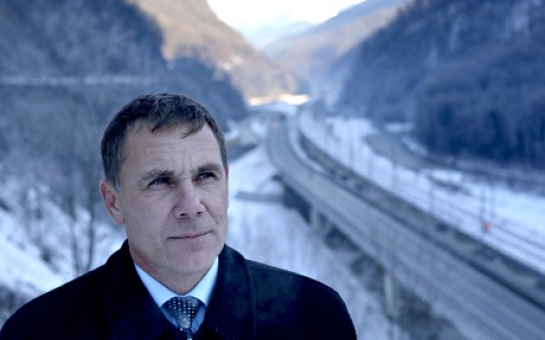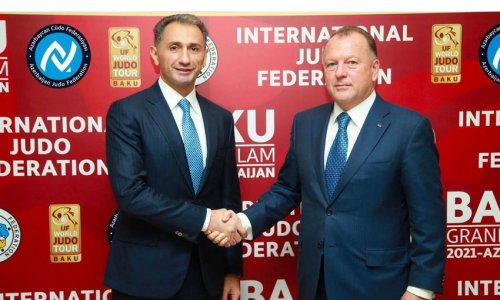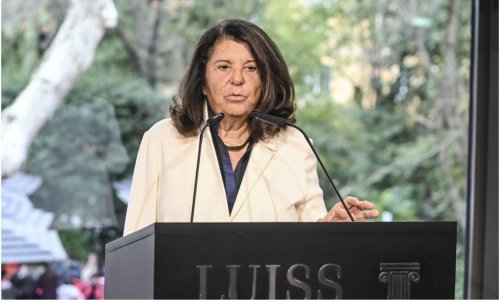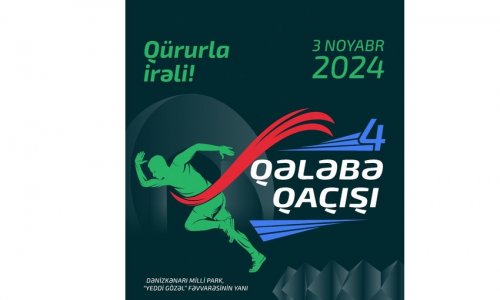As the sports at the Sochi games continued, a court in Krasnodar, capital of the southern Russian region that includes Sochi, confirmed a December ruling that activist Evgeny Vitishko should serve a three-year term that had previously been suspended.Vitishko, one of a group of environmentalists who have investigated irregularities and the construction of mansions by top officials in the Sochi area, was given the three-year suspended sentence for spray-painting the fence of what he and other activists said was a lavish residence built illegally on national park land by the local governor in 2012. However, in December, a court claimed he "persistently" broke his parole conditions, and said the sentence should no longer be suspended."I consider myself innocent, and the case against me is completely fabricated," Vitishko told the court by video. His lawyer also presented 7,500 signatures from local people asking the court not to jail him. However, the judge took the decision in just a few minutes.Vitishko was already behind bars, after being arrested separately, just a few days before the Olympics, on the bizarre charge of swearing at a bus stop. Although swearing in public is frequent in Russia, it is technically punishable by "administrative arrest" for 15 days, though the punishment is almost never enforced.His fellow activists say Vitishko had planned to travel to Sochi and speak to journalists about his case, which led to authorities finding a way to keep him behind bars until the three-year jail term came into effect."I have been following this since the start, and it was clear all along that it had absolutely nothing to do with the law," said Yulia Naberezhnaya, a fellow activist, by telephone from outside the courtroom. "It's a demonstration of force, and if they are happy to do this right in the middle of the Olympics, it is scary to think what they will do when the Olympics are over."President Vladimir Putin said that the "environmental situation has improved several times over" during the preparation for the Games, but activists say that the intensive construction projects over the past few years have been riddled with gross violations.Late last year, a number of high-profile Russian prisoners were freed, including the country's former richest man Mikhail Khodorkovksy and two members of the punk collective Pussy Riot. The releases were seen as an attempt to show clemency and quieten criticism of Russia's rights record in the run-up to the Olympics.However, at the same time activists in the Sochi area were still being rounded up and harassed. The court hearing that initially overturned the suspension of Vitishko's sentence came in December, just as the amnesty law was coming into force."The case against Vitishko has been politically motivated from the start," said Yulia Gorbunova, Russia researcher at Human Rights Watch. "When the authorities continued to harass him it became clear they were trying to silence and exact retribution against certain persistent critics of the preparations for the Olympics."Human Rights Watch called on the IOC to pressure the Russian authorities to release Vitishko.(theguardian.com)ANN.Az
Sochi environmentalist jailed for three years for spray-painting a fence
Sport
16:00 | 13.02.2014

Sochi environmentalist jailed for three years for spray-painting a fence
An environmental activist who investigated abuses in the build-up to the Sochi Olympics was sent to prison for three years by a Russian court on Wednesday morning, in a case that fellow environmentalists have said is deeply flawed and intended as revenge for his work.
Follow us !










